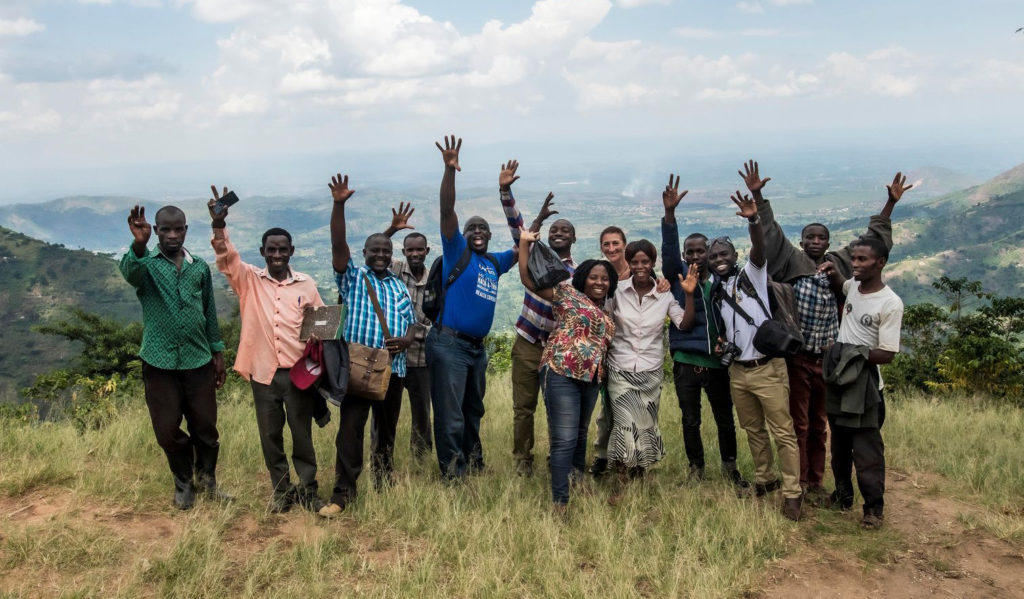Massachusetts General Hospital nurses have been on the front lines of the ongoing COVID-19 pandemic since the first patient arrived in early February. As Chief Nurse and Vice President for Patient Care Services, Debra Burke, RN, DNP, MBA, NEA-BC, oversees more than 5,000 nurses and other health care professionals at Mass General. Dr. Burke, who has spent her entire career at the hospital, recently discussed the unique challenges of caring for patients with COVID-19, how the nursing staff has adapted to the outbreak and how caregiving might change as a result.
How has the COVID-19 outbreak impacted the Mass General nursing staff?
Nurses spend more time in direct contact with patients than any other health care professionals so this has been especially challenging for us. Since this virus is new, we’re having to learn as we go in many cases. There are new signals to pay attention to that tell us how a patient is doing. We’re getting accustomed to using masks and other personal protective equipment (PPE) all the time. And we’re trying to figure out ways to spend the necessary time at the bedside while also limiting our exposure as much as possible.
What effect has the scale of the outbreak had on caregiving?
It’s forced us to find new and innovative ways to deliver care. For example, our Intensive Care Unit (ICU) staff devised a way to keep IV pumps outside the patient rooms using long sections of MRI tubing. Now, they can check alarms without risking exposure or using PPE. In addition, staff are utilizing technology to promote communication between patients and their families. We’ve also found new ways to train, re-deploy and support our staff as they move to different care environments. We’ve increased our ICU capacity by developing a partnership model that teams general care nurses with ICU nurses. We’ve mobilized a resource team of clinical nurse specialists (some retired) to support those ICU nurses. We’ve even put together specialized “proning” teams to help turn patients onto their stomachs, which has been shown to improve lung capacity.
Can you compare this moment to any other time in your career?
You can’t take away the fear, but there is an incredible strength and calmness that comes from being here surrounded by your fellow caregivers.
I was a staff nurse when we first started seeing patients with HIV. At the time, we didn’t know what it was, so there was a lot of fear and anxiety. It was our commitment to our colleagues and to caring for our patients that helped us through those troubled times — and I’m seeing that same level of commitment today when I make my rounds. You can’t take away the fear, but there is an incredible strength and calmness that comes from being here surrounded by your fellow caregivers.
Will COVID-19 change the practice of caregiving?
With HIV, we instituted what is now known as universal precautions — meaning we treat all human blood and bodily fluid as they are infectious. It’s too early to tell yet what changes will come from this outbreak, but I expect we’ll see certain practices — such as wearing masks — may become routine.
What would be lost if nurses had to wear masks all the time?
In time, not a lot I don’t think. We’re already finding new ways to communicate and connect to our patients using name tags, pictures and photos. And you can always tell a smile — even when it’s behind a mask.
To learn more about how you can support Mass General’s response to the COVID-19 pandemic, click here.



